
Politics & Society
Oligarchs, money and religion
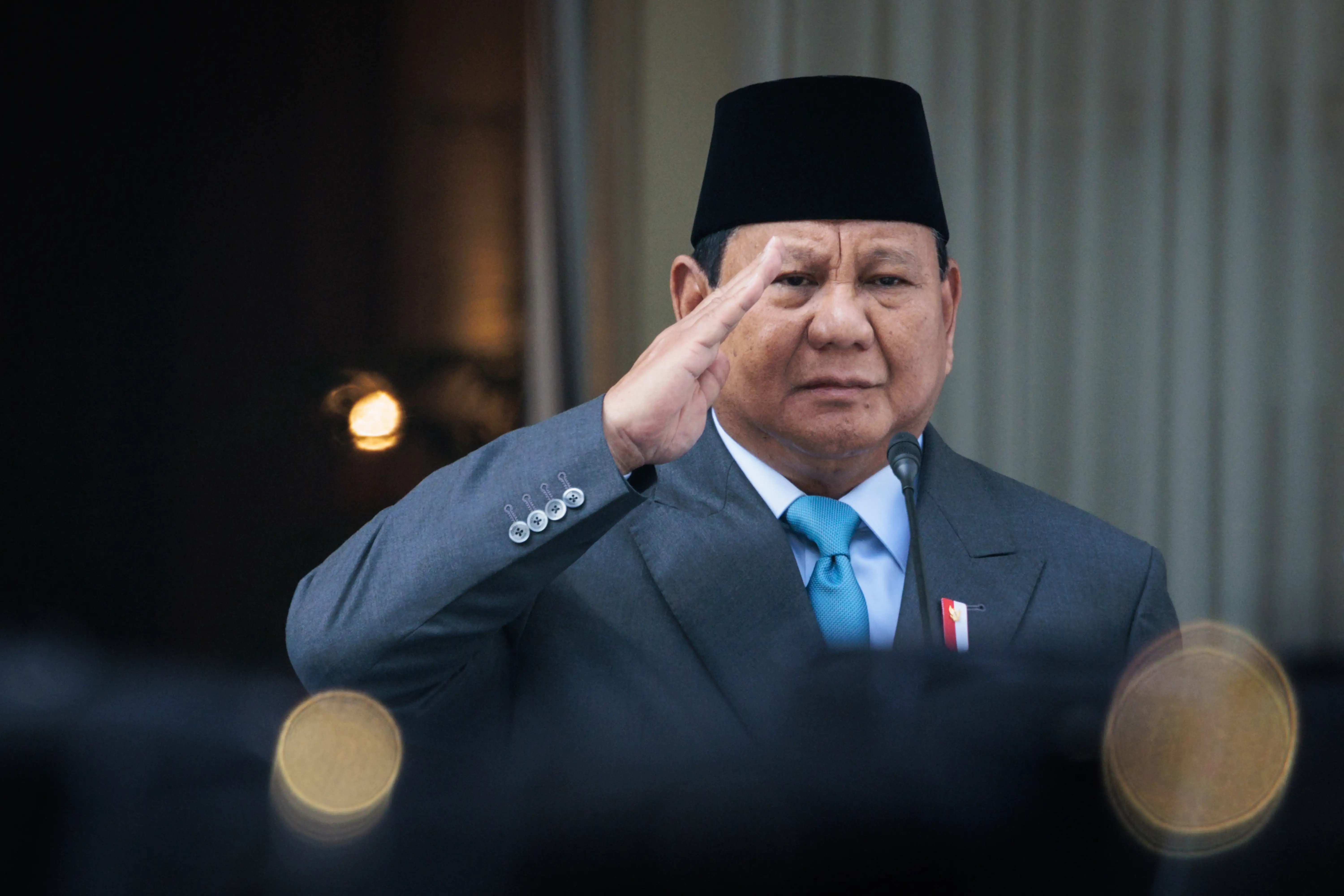
The oligarchic spectrum in Indonesia shows how economic power is translated into political dynastic power
Published 11 July 2025
Back in 2004, there was a broadly cooperative pattern of economic relations between China and the US.
It was also a time when Indonesia’s so-called ‘big bang decentralisation’ – which gave away control of power and resources to subnational governments – started to gain traction.
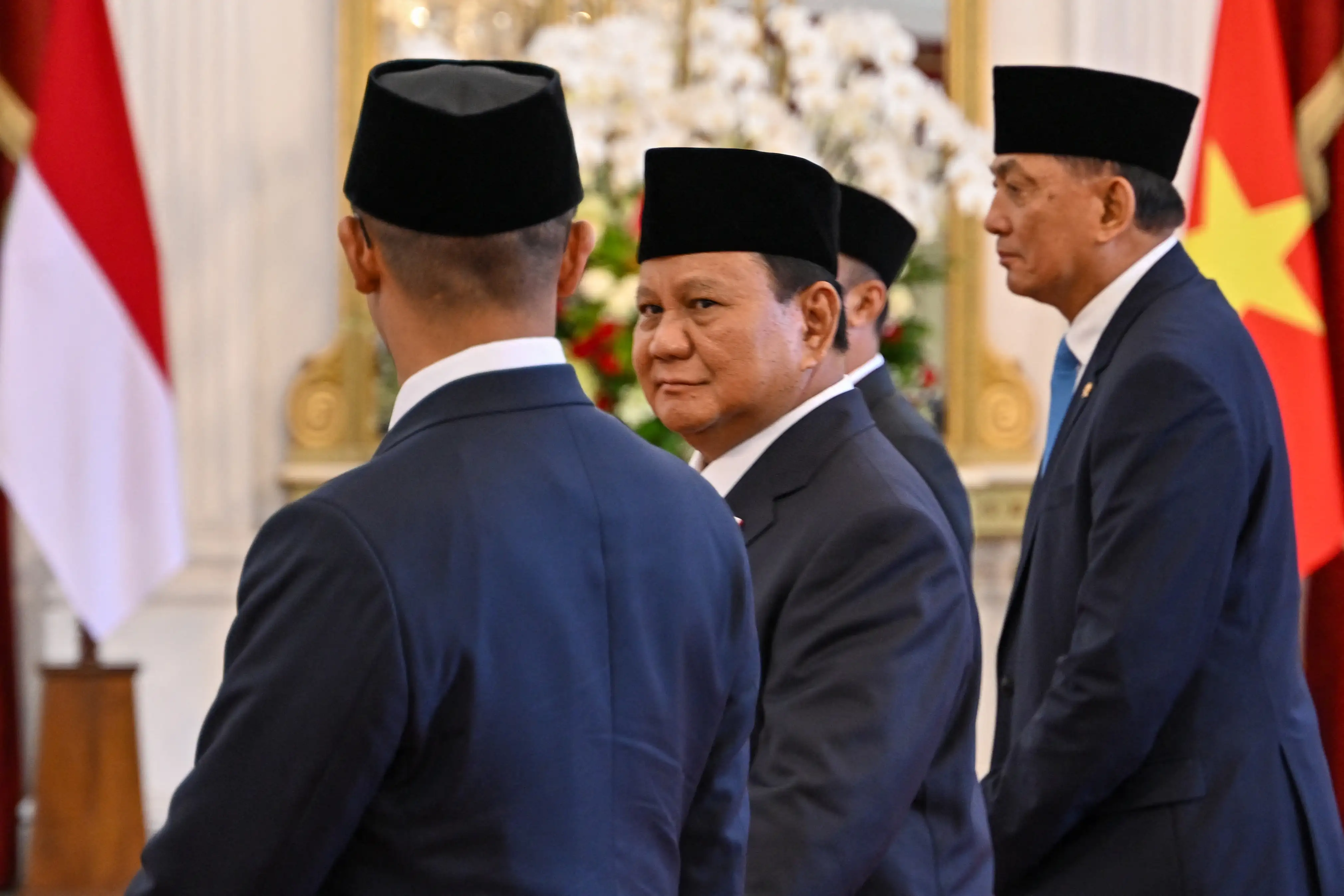
Neoliberalist market-oriented reforms, like deregulation, privatisation and fiscal discipline were also promoted.
By 2025, this much-celebrated neoliberal globalisation had run its course.
Indonesia’s post-pandemic and legitimacy crisis has resulted in the country renewing its developmentalist strategies, including nickel downstreaming, the banning of nickel exports, digital transformation and infrastructure development – all touted as panaceas amid geoeconomic uncertainties.
But new powerful politico-economic forces have emerged seeking to capitalise on these development agendas.
In the last two decades, dynastic politics has become an inseparable feature of Indonesia’s electoral democracy.

Politics & Society
Oligarchs, money and religion
The aim of limits on political office terms is being undermined by incumbents who cannot run for a third time and instead promote family members to succeed them.
In the 2024 regional elections, 605 dynastic politicians competed, compared to the 361 dynastic candidates who competed in regional elections between 2015 and 2020.
Although only 246 emerged as victors in 2024, it’s clear that the ability to compete in elections is increasingly controlled by the families of incumbents or those who have previously held elected offices.
Within political parties, dynastic power has become the general, or even preferred, norm.
The ability of dynastic politicians to access economic resources means that they can run their campaigns without draining political parties’ budgets.
This trend is particularly influential in Southeast Sulawesi and North Maluku, where Indonesia’s nickel resources are concentrated. Nickel production is a priority for the Indonesian government due to its global demand for electric vehicles and renewable energy technologies.
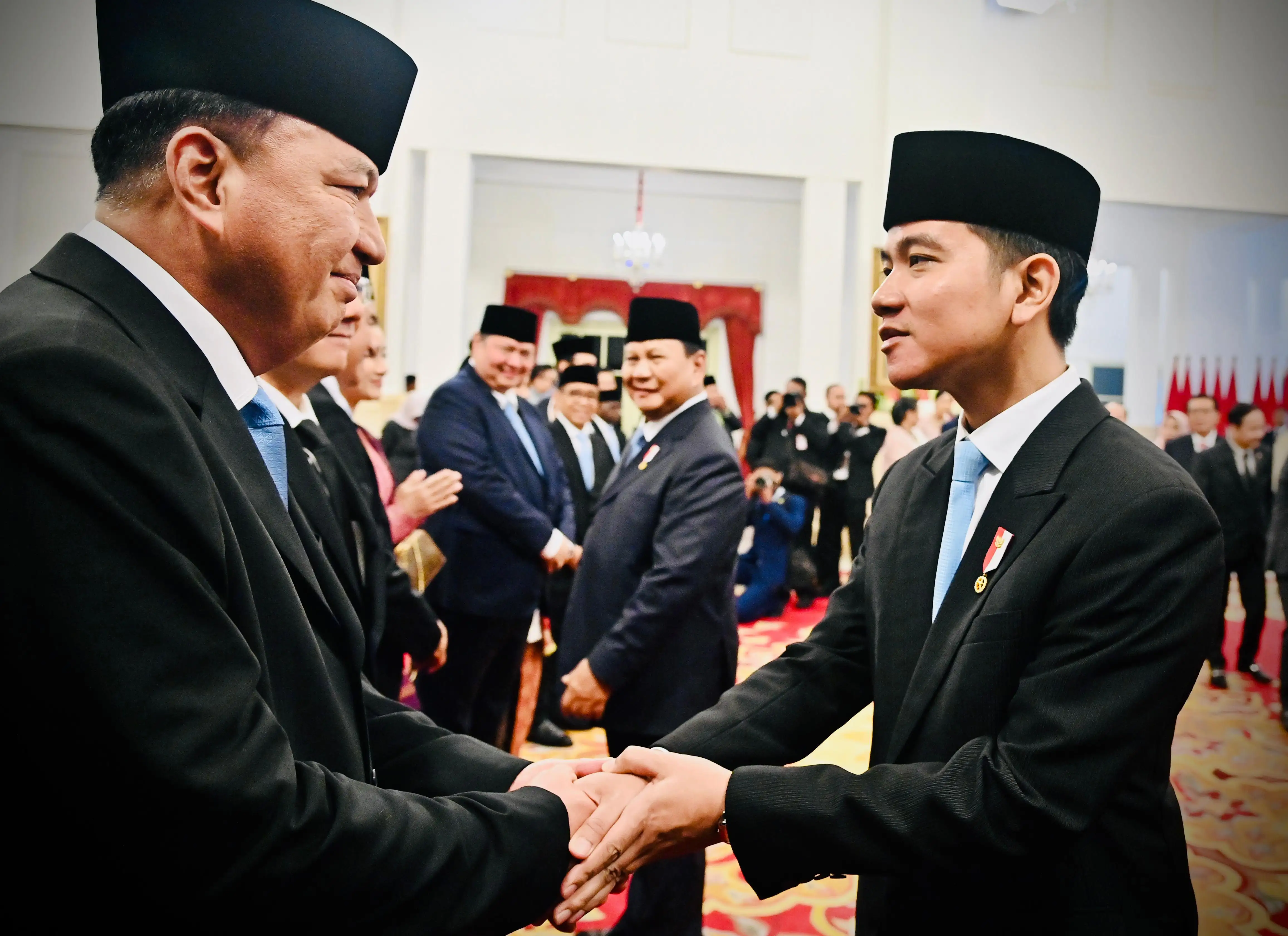
Political dynasties have also emerged at the national level.
The recent transition of power from former President Joko Widodo to Prabowo Subianto was a dynastic succession where the former’s eldest son accompanied the latter as his Vice President.
Likewise, family members of the general chairman or party founder control leadership of the Indonesian Democratic Party of Struggle (PDIP), the Democratic Party (PD), the National Democratic Party (Nasdem), the Golkar Party, the National Mandate Party (PAN) and others.
Nepotism has also spread to various public sectors where relatives of the ruling elites also occupy strategic positions, and this seems to have become a normalised practice.
Just one example is the rise of controversial figure Haji Isam, a wealthy young businessman from South Kalimantan seeking political influence.

Politics & Society
Uncivil society
It’s been widely reported that key positions in Prabowo Subianto’s Cabinet are occupied by Isam’s relatives and confidantes. For example, Andri Amran Sulaiman, who is serving as a Minister of Agriculture is Isam’s cousin – while Dudy Purwagandhi, former director of Isam’s Jhonlin Group, is Minister of Transportation.
Here we see two important trends.
First, through dynastic politics, these politico-economic elites can monopolise power and ensure continued rent seeking, mainly from state resources and strategic sectors like nickel, coal and palm oil, which are economic priorities of the government.
Second, amid the absence of ideologically differentiated political parties, politico-economic forces seek to hold together coalitions with the national political classes.
This ultimately resembles a ‘cartel’ with a common objective of getting hold of and distributing the ‘spoils’ of state resources among themselves.
The amalgamation of neoliberal reforms and the return of authoritarianism has reshaped the structure of power and wealth in Indonesia.
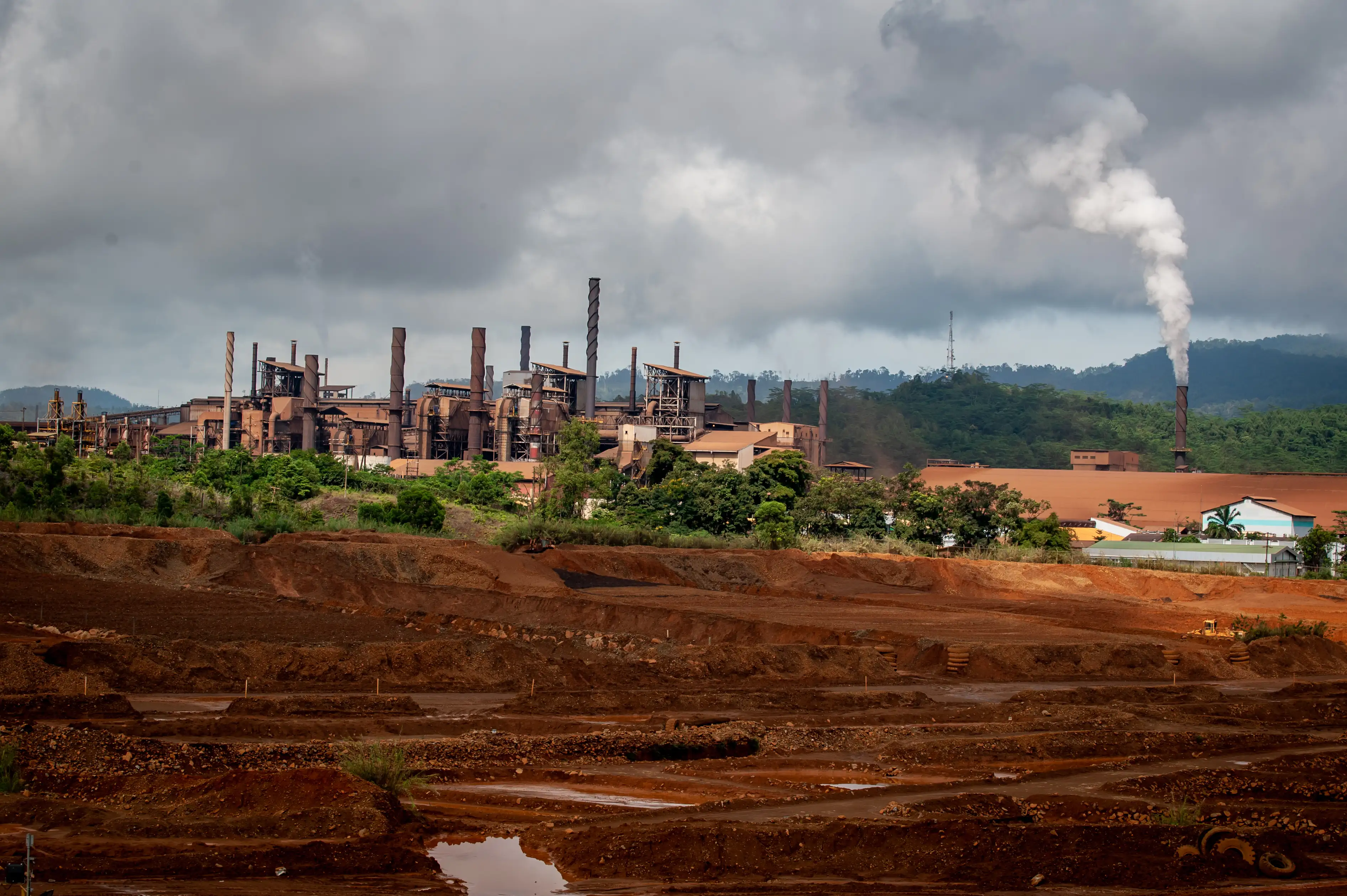
This has continued to stratify the political economy into two main parts: the privileged and well-connected elites, and the middle and the working classes who are exposed to precarious working and living conditions.
Neoliberalisation of the labour market through its Job Creation legislation (also known as the Omnibus Law) aims to simplify regulations and attract foreign investment. But included legislation like Law No. 13/2003 and Law No. 11/2020 is making new categories of precarious work (outsourced, short-term contracts) even more widespread.
The digital gig economy and the downstream nickel industry are both further contributing to normalising vulnerable employment.
Many Indonesians are pushed to accept the neoliberal shift to individual responsibility in areas that would have been the duty of a government agency in a welfare state.
These all compound individual competitiveness and atomisation, where individualised solutions are prioritised over collective ones.

Politics & Society
Is Indonesian democracy still trapped in old-style politics?
The weak grassroots labour and broader civil society movements hinder the consolidation of working-class politics. This explains the failure of the recently re-established Workers Party (Partai Buruh, known as PB), to secure representation in the 2024 national legislature.
In late 2024, the country’s Constitutional Court ruled parts of the Omnibus Law unconstitutional. This included prioritising domestic workers when considering employment of foreign workers; ruling that a fixed-term employment contract shall not exceed five years, and that there should be two rest days per week, rather than one.
This decision came shortly after the president of the Workers Party (PB) endorsed Prabowo Subianto’s presidency, despite previously criticising him and his Gerindra party for supporting the Law.
Prabowo’s endorsement of the Court decision appears to be a tactical move to secure labour support in the early phase of his presidency.
Ahead of May Day, a day marking the struggles and gains made by workers and the labour movement, several union leaders and PB leadership declared their support for Prabowo’s policy, while he made ambitious yet difficult-to-fulfill promises to protect workers’ rights.
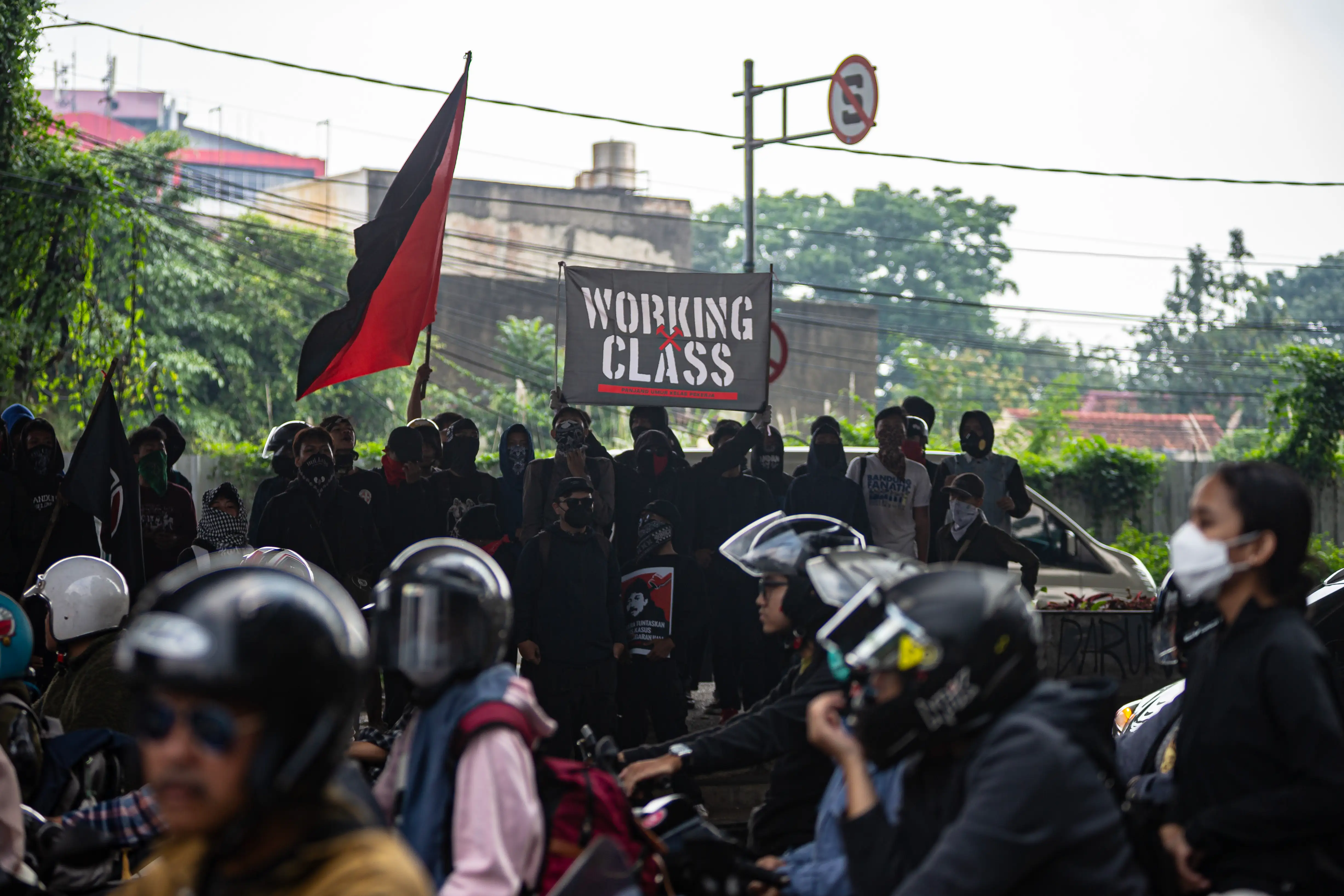
All of these dynamics illustrate how labour forces are shaped and constrained by elite interests.
The oligarchic spectrum in Indonesia shows how economic power is translated into political power (and vice versa) to such an extent that for ordinary people and civil society to challenge power effectively, they would have to be able to oppose the structure of the capitalist state itself.
While votes are the nominal source of political power, money itself is the real source of the power: the system, in other words, is seemingly democratic, but oligarchic in reality.
This article reflects on Vedi Hadiz and Richard Robison’s seminal book Reorganising Power in Indonesia: The Politics of Oligarchy in an Age of Markets and discussions in the Mini Conference ‘20 years after the reorganisation of power in Indonesia’, organised by the Asia Research Centre, Universitas Indonesia.
A longer version of this article was published by Melbourne Asia Review.